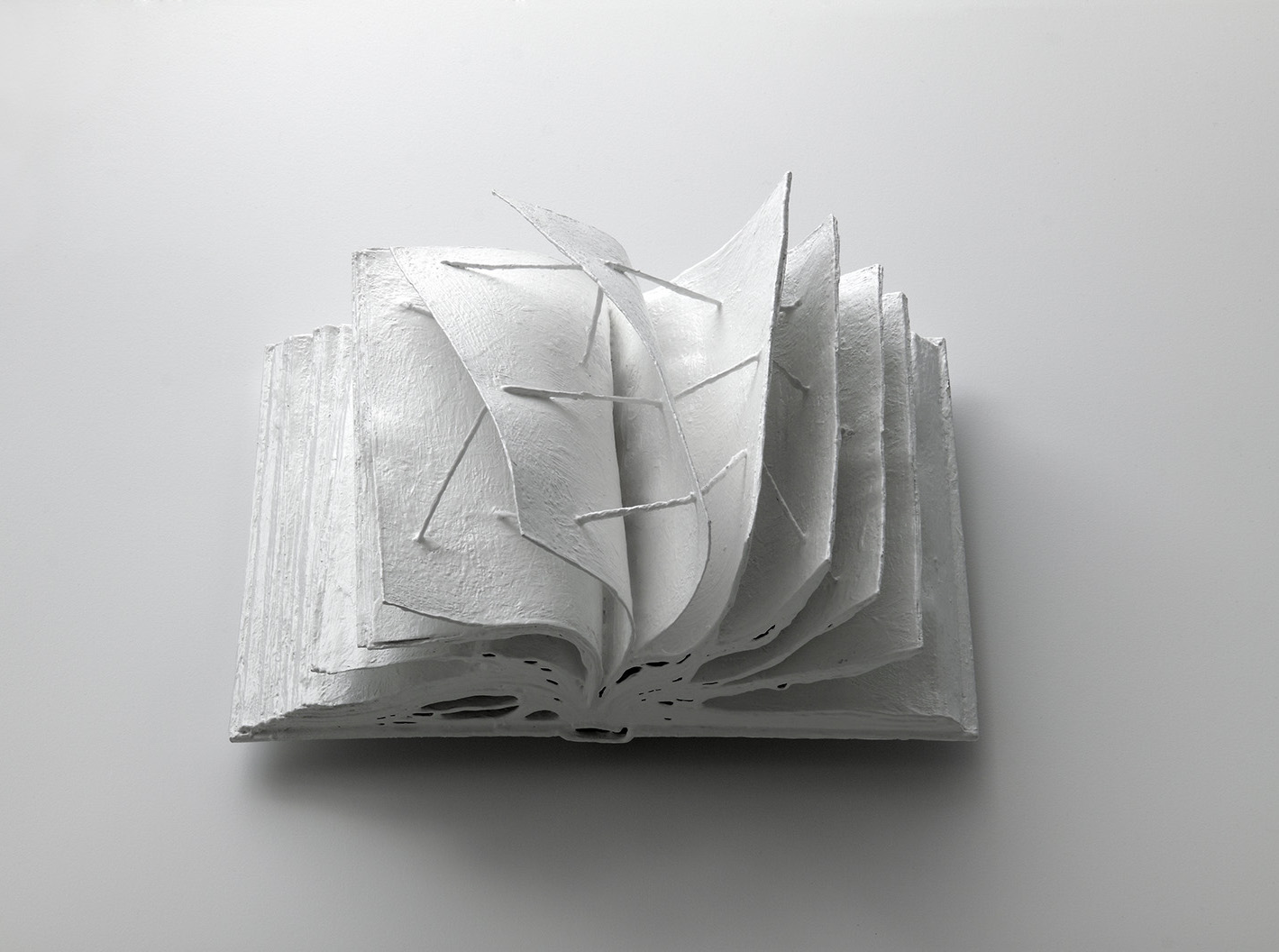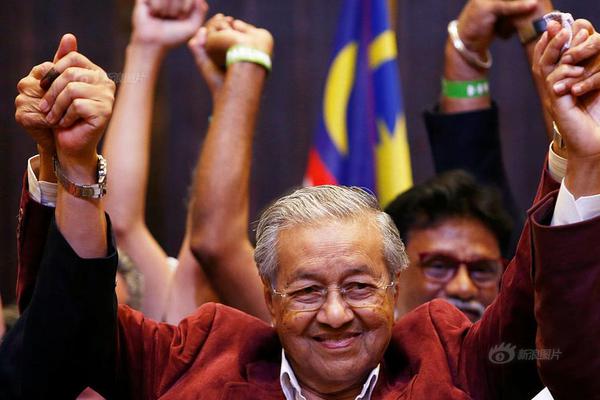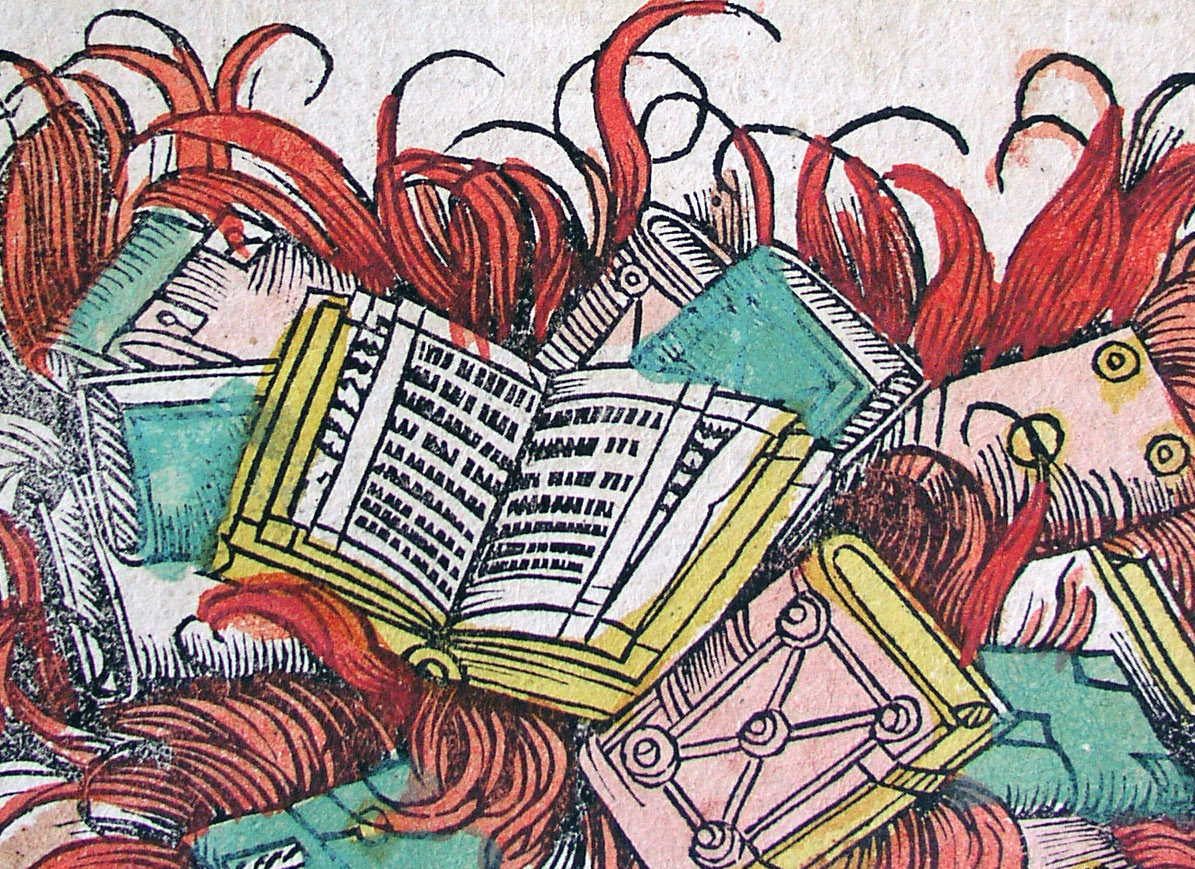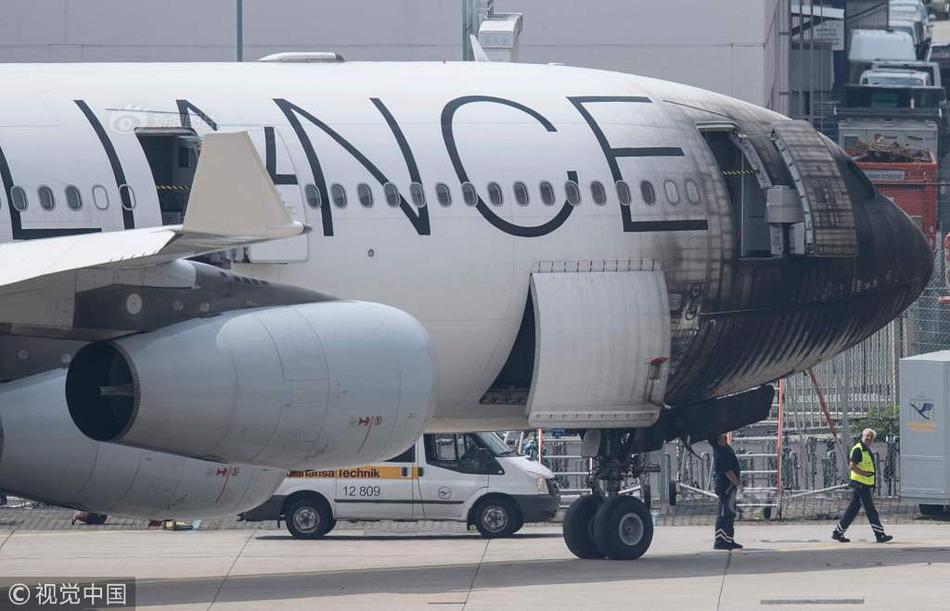Desire and Show up Yukari TaguchiDespair
World Cup 2014
Germany vs. Portugal; Iran vs. Nigeria; USA vs. Ghana.

Watching the World Cup in DUMBO. Photo: Rowan Ricardo Phillips
The greatest poverty is not to live
in a physical world, to feel that one’s desire
Is too difficult to tell from despair.
—Wallace Stevens
Yesterday, in a tunnel down under the Manhattan Bridge Overpass, a flatscreen floated in the light of an arch like the iris of a giant eye. Tables and benches of the sort you’d find at a picnic site were spread about; it was one of those rare times in New York that space was clearly not at a premium. The tunnel was shady and cool. Behind the flatscreen, at the end of the long arch where the noon light seemed irrelevant, a renovated factory glittered.
On the screen, we watched as Germany took apart Portugal. The Portuguese team exhibited their typical flaws: an overreliance on hierarchy and on their best player; a rash of madness by their most hotheaded player, which led to his ejection; a lack of belief against a team with a higher pedigree. The German team, on the other hand, exhibited their typical strengths: you know, German stuff. They won 4-0.
Soon afterward, the tournament saw its first draw, with Iran and Nigeria sputtering through a scoreless game. The big story of the match was probably Nigeria’s forest and key-lime-green color palette, combined with their fluorescent pink-and-yellow shoes. That, and that Iran had a Christian on their team. The world, like a football, is round and confounds.
Watching Nigeria’s very good players amble toward no reward, I couldn’t help but think of twenty years ago, almost to the day, when the country debuted in the World Cup by beating the eventual semifinalist Bulgaria 3-0. Back then, Nigeria’s team was fearless, ebullient—they quickly became one of the darlings of the tournament, a favorite of the neutrals, and supposedly the harbinger of Africa’s footballing arrival on the world stage. That’s proven to be the case, but it hasn’t exactly been a meteoric rise. We’ve yet to see an African team reach the semifinals. Over the years, they’ve found themselves eliminated from the Cup in a variety of heartbreaking ways.
Ghana will probably be no exception. By now you know who won the Ghana-U.S. game. The Ghanaian team exhibited their typical weaknesses. They were profligate in front of the goal; they confused being thirty yards out with being in front of goal; they demonstrated a bewildering taste for timely lapses in defense. The U.S. team, meanwhile, exhibited their typical strengths: a fundamentalist reliance on sheer effort, a tendency to huff and puff toward whatever result fate has laid out for them, and a belief in the virtuousness of those first two qualities.
Rowan Ricardo Phillips’s second book of poems, Heaven, will be published next year. He is the recipient of the 2013 small>PEN/Joyce Osterweil Award and a 2013 Whiting Writers’ Award.





